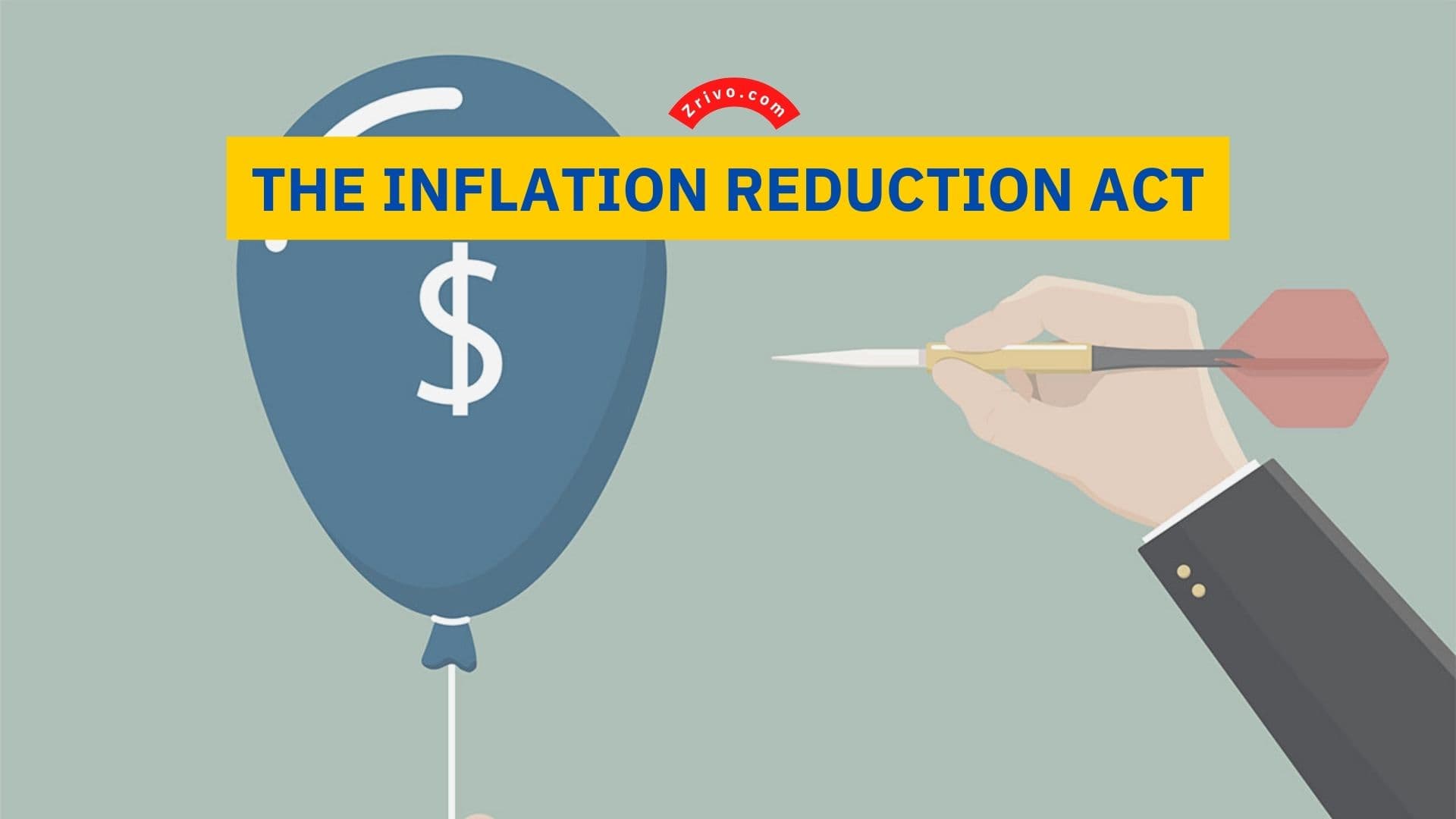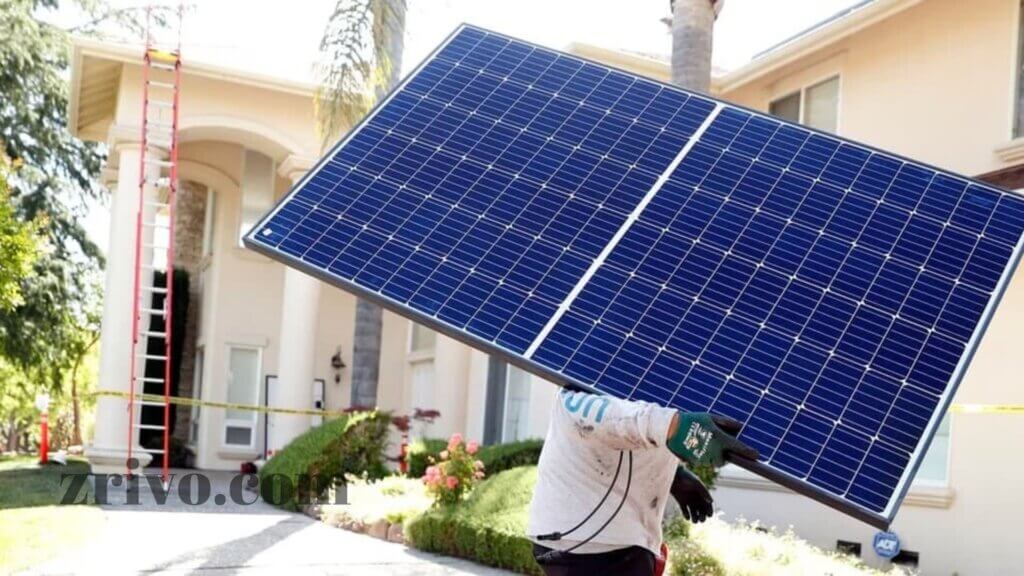
The Inflation Reduction Act aims to make the economy more competitive, lower inflation, and improve environmental justice. It also supports high-quality jobs and communities that have been hit hard by the energy transition.
The Inflation Reduction Actis a bill that Congress passed in August of 2022. It is a large bill that seeks to reduce the cost of living for families, create good-paying jobs, and make health care more accessible.
On the health front, the Inflation Reduction Act also includes provisions to improve access to low-cost prescription drugs. It also includes a new program that will allow Medicare to negotiate the price of high-cost drugs. As part of the deal, drug manufacturers will have to pay a rebate if their prices increase faster than the inflation rate.
Starting in 2025, Medicare beneficiaries will have a $2,000 cap on annual out-of-pocket costs for prescription drugs. These caps will be indexed to the rate of increase in per capita Part D costs.
The Black Lung Disability Trust Fund is paid for by the Black Lung Excise Tax, which is part of the Inflation Reduction Act. The tax on cigarettes currently pays for the fund, but the Inflation Reduction Act would make this tax last forever and cover all lung diseases, including asthma.

What Tax Credits Are in the Inflation Reduction Act?
There are several tax credits included in the Inflation Reduction Act. They are designed to encourage consumers to adopt greener and cleaner energy options. These incentives include financial help for home improvements, green vehicles, and energy-efficient appliances.
For example, the Inflation Reduction Act extends the federal EV tax credit until 2032. It also increases the tax credit amount, phases out the percentage that it applies, and provides incentives to purchase qualifying commercial vehicles.
The law also creates two new rebate programs for clean homes and commercial clean vehicles. The new law’s residential tax credits could save 100 million households $37 billion a year on their energy bills.
As a result, the average American household will save up to $220 per year by 2023, according to Rhodium Group. However, the benefits of these policies will only be available in the near future.
Additionally, the legislation includes significant extensions of energy efficiency tax credits. These credits are meant to act as an economic incentive to get people to use cleaner technologies. In particular, they would help keep 67,000 jobs a year, and the Clean Vehicle Tax Credit makes battery electric cars cheaper to buy at first.
The Inflation Reduction Act also includes provisions to stop tax loopholes. It also adds $79 billion in funding to the IRS over ten years. This helps the IRS avoid any regressive impact on the personal tax bill.
In addition to these measures, the Inflation Reduction Act is designed to provide additional incentives to small businesses. Businesses with a reported annual income of $1 billion will pay a minimum corporate tax rate of 15%. Small businesses are also given an additional tax credit to invest in clean energy.